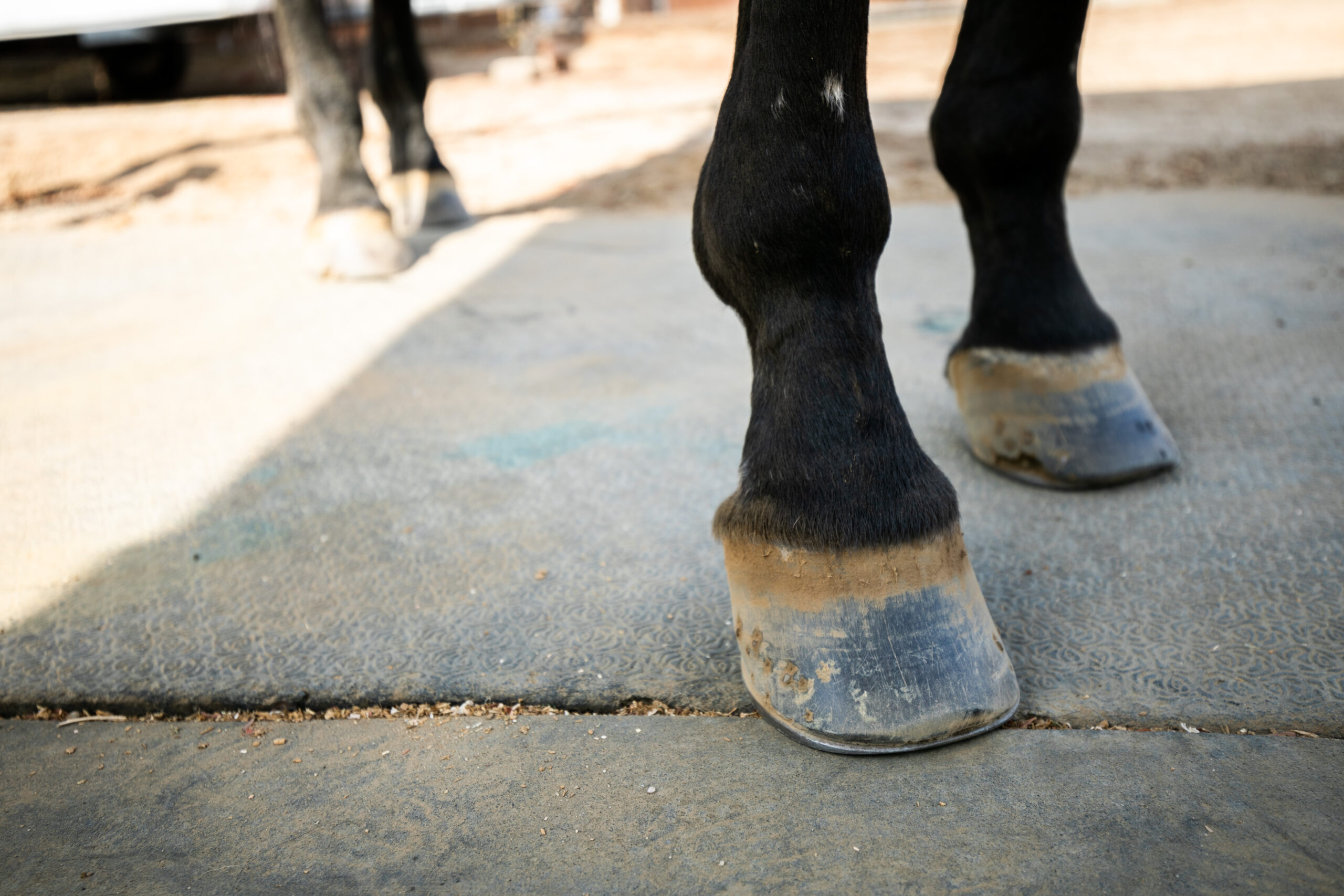
What Causes Equine Hoof Abscess and How to Treat It Fast?
Share
Understanding what causes equine hoof abscess is essential for every health-conscious pet owner. Horses are magnificent creatures, but like all living beings, they are susceptible to various ailments. One of the most painful and troubling conditions that can affect a horse is a hoof abscess. An abscess forms when, typically, bacteria infiltrate the hoof, causing a pocket of pus to develop. This condition can lead to severe discomfort for your equine friend.
Identifying the symptoms early and understanding the underlying causes of hoof abscesses can help prevent serious complications. Let's dive deeper into the causes, symptoms, treatment, and prevention of hoof abscesses in horses.

Symptoms of Hoof Abscess in Horses
Recognizing the signs of a hoof abscess is crucial for prompt treatment. Some common symptoms include:
- Limping or reluctance to put weight on the affected hoof
- Heat in the hoof
- Swelling around the hoof area
- Increased sensitivity when pressure is applied
- Foul smell from the hoof
If you notice any of these signs, its essential to contact a veterinarian as soon as possible.
What Causes an Equine Hoof Abscess?
Understanding what causes equine hoof abscess is vital in preventing it. Here are some primary factors:
- Environmental Factors: Muddy or wet conditions can soften the hoof, making it more susceptible to bacteria.
- Improper Trim and Shoeing: Horses require regular hoof maintenance. Poor trimming or incorrectly fitted shoes can lead to cracks.
- Injury: Cuts or bruises to the hoof can break the skin and allow bacteria to enter.
- Laminitis: This condition can weaken the hoof structure, making it easier for abscesses to develop.
- Abscess History: Horses that have had hoof abscesses in the past are more prone to develop them again.
For more information on the common causes, check out this article on common hoof abscesses.
Treatment of Equine Hoof Abscess
If you suspect that your horse has a hoof abscess, immediate veterinary intervention is necessary. The treatment typically includes:
- Draining the Abscess: A veterinarian will often need to create a small opening to allow the pus to drain.
- Cleaning the Hoof: Once drained, its crucial to clean the area to prevent further infection.
- Poulticing: Applying a poultice can help draw out any remaining infection and can provide pain relief.
- Bandaging: A bandage may be applied to keep the area clean. For detailed instructions on bandaging, check this bandaging guide.
- Pain Relief: Your vet may prescribe pain-relieving medications to help your horse cope.
Additionally, its essential to follow your veterinarian's post-treatment care instructions to ensure a smooth recovery.
Preventing Hoof Abscesses in Horses
Preventative care is the best way to combat the occurrence of hoof abscesses. Here are some key steps:
- Regular Hoof Care: Schedule regular visits with a qualified farrier to maintain your horses hoof health.
- Maintain Dry Conditions: Make sure your horse is kept in clean and dry environments whenever possible.
- Prompt Treatment of Injuries: Any injuries to the hoof should be treated quickly to minimize the risk of infection.
- Monitoring Diet: Ensure your horse is on a balanced diet to support overall health.
For tips on hoof care, you may refer to this helpful hoof abscess guide.

FAQs About Equine Hoof Abscess
1. Can hoof abscesses lead to more serious issues?
Yes, if not treated promptly, hoof abscesses can lead to more severe conditions such as permanent damage to the hoof structure or laminitis.
2. How long does recovery take after treatment?
The recovery time can vary, but on average, it may take several days to weeks for a horse to fully recover from a hoof abscess.
3. Are there breeds more prone to hoof abscesses?
While all horses are at risk, breeds with denser hooves may be less prone to hoof abscesses, but environmental factors still play a significant role.
In conclusion, understanding what causes equine hoof abscess and knowing the symptoms is vital for every horse owner. Early detection and treatment can save you and your horse from unnecessary pain and complications. Make sure to consult with a veterinarian at the first signs of discomfort in your horse's hooves. This can improve your horse's well-being and help you maintain a happier partnership with your equine friend.
As an Amazon Associate, I earn from qualifying purchases.
